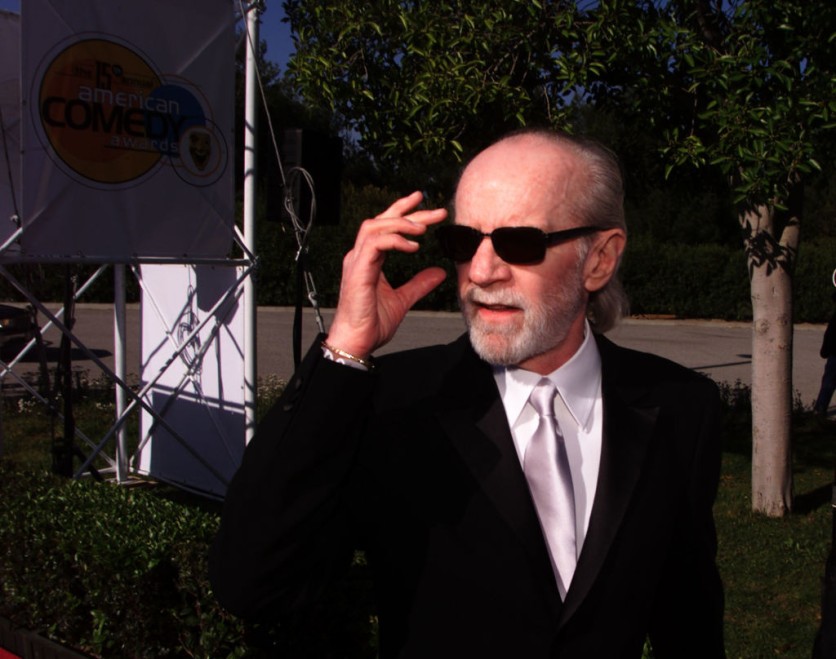Kelly Carlin, daughter of the legendary comedian George Carlin, has expressed discontent with an AI-generated comedy special that attempts to emulate the comedic style of her late father.
'George Carlin: I'm Glad I'm Dead'
According to the Los Angeles Times, the special, titled "George Carlin: I'm Glad I'm Dead," features an artificial intelligence (AI) bot named Dudesy using Carlin's voice to delve into contemporary issues, such as former President Donald Trump and mass shootings in America.

In a one-hour performance, the AI program mimics Carlin's iconic style, presenting a satirical take on current events.
Dudesy, voiced by Carlin's recorded snippets, commented, "You know how much Americans love reality TV? We love it so much, we elected a reality TV show host as president. Well, not we, I was dead at the time. So you elected a reality TV show host as president."
However, Kelly Carlin is unhappy with this digital recreation of her father's comedic genius. She criticized the AI-generated product on social media, emphasizing that her father spent a lifetime perfecting his craft using his human experience, brain, and imagination.
She dismissed the AI attempt, saying, "No machine will ever replace his genius."
"These AI generated products are clever attempts at trying to recreate a mind that will never exist again. Let's let the artist's work speak for itself. Humans are so afraid of the void that we can't let what has fallen into it stay there," she added.
Kelly suggested an alternative approach, proposing audiences engage with living human comedians. She also emphasized the genuine and irreplaceable nature of her father's comedic legacy.
She urged those interested in his father's humor to explore his extensive work, comprising 14 specials showcasing his wit and insight.
Read Also : CES 2024: BrainChip CEO Says There's AI Everywhere, Reveals Challenge in Deploying the Tech
Broader Implications of AI in Comedy
Expressing gratitude for the support received from her followers, Kelly Carlin addressed the broader implications of AI in the world of comedy.
She identified the potential impact on deceased artists and their estates, calling out other prominent figures like Zelda Williams, daughter of Robin Williams, Melissa Rivers, daughter of Joan Rivers, and the estate of Garry Shandling.
She suggested a collective conversation about the challenges posed by AI in the realm of comedy, hinting at the broader implications for the legacies of iconic comedians.
As the debate unfolds, it raises questions about the ethical considerations of using AI to recreate the voices and personas of deceased artists and their impact on their work's artistic integrity.
Related Article : CES 2024: Pat Gelsinger Tackles How AI Starts With Intel; Elevance Health Discusses Health-Related Digital Services

ⓒ 2026 TECHTIMES.com All rights reserved. Do not reproduce without permission.




